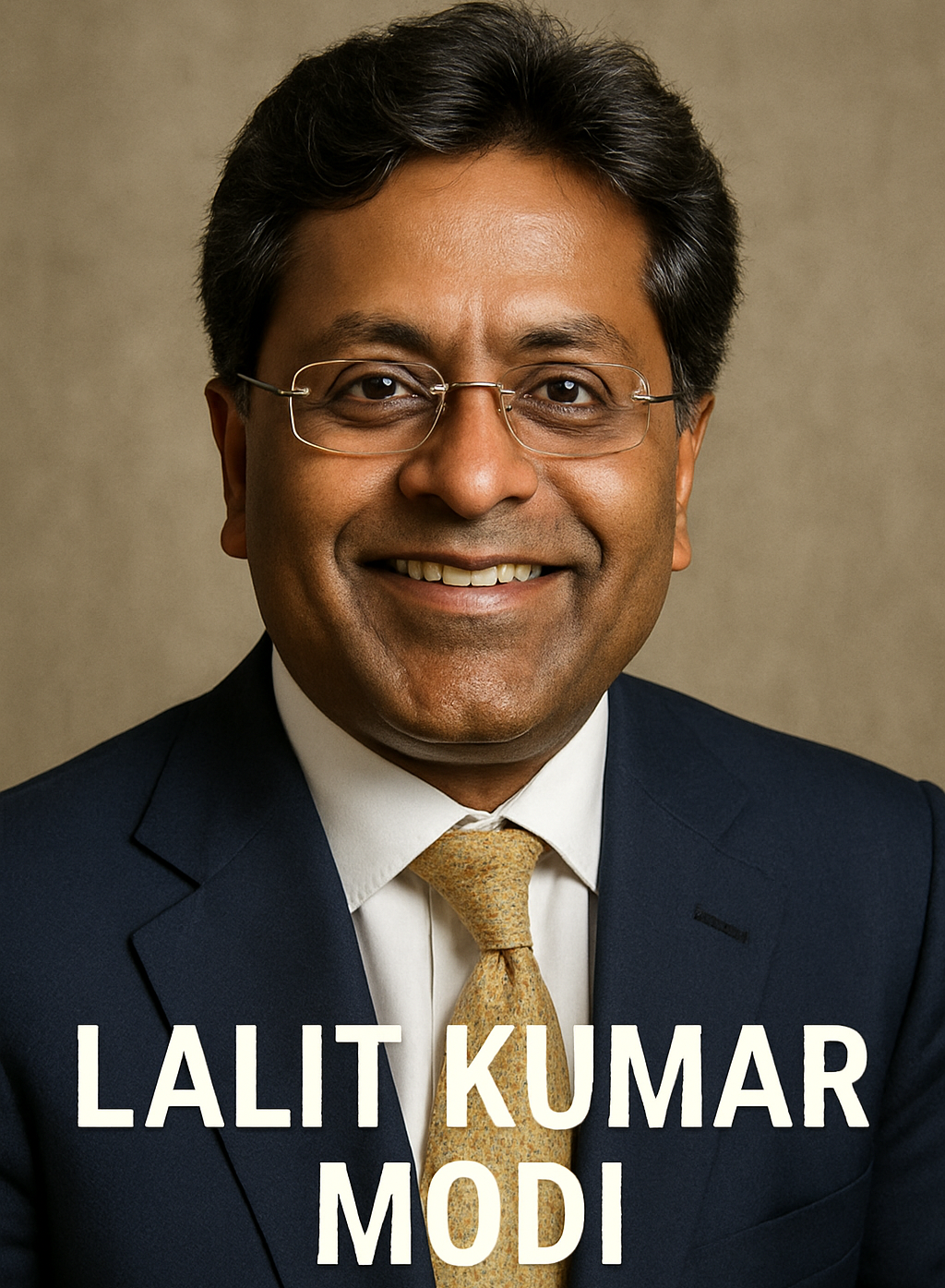On June 30, 2025, a Supreme Court bench consisting of Justices P.S. Narasimha and R. Mahadevan dismissed a petition filed by former IPL commissioner Lalit Kumar Modi. Modi had sought a writ against the Board of Control for Cricket in India (BCCI), urging it to pay the ₹10.65 crore penalty levied on him by the Enforcement Directorate (ED) for alleged violations of the Foreign Exchange Management Act (FEMA).
The penalty traces back to the ED’s investigation into financial irregularities during the 2009 IPL season and is the outcome of proceedings under FEMA. Modi based his plea on Rule 34 of the BCCI constitution, which provides indemnification to office holders for expenses or liabilities incurred while performing their duties. He argued that, as a former BCCI vice-president and IPL governing council chairman, he was entitled to such coverage.
However, the Supreme Court was not convinced. It reaffirmed the principle that BCCI is not a “State” under Article 12 of the Indian Constitution—a conclusion reached in a 2005 Supreme Court ruling—and therefore not subject to writ jurisdiction under Article 226, except for certain core public functions like organizing sports events.Consequently, Modi cannot pursue a writ petition to compel indemnification from the BCCI.
During oral arguments, the Supreme Court also drew attention to past instances where the BCCI had granted interim protections to office-bearers facing legal action. Modi’s counsel referenced cases involving figures such as N. Srinivasan, where interim relief was extended during appeals in connection with PMLA proceedings.
Still, the court maintained that recourse should be sought via civil remedies, not constitutional writs.
Ultimately, the Supreme Court dismissed Modi’s petition, allowing him the choice to withdraw the writ but explicitly clarifying that he “[would] be entitled to avail civil remedies as may be available to him”.








